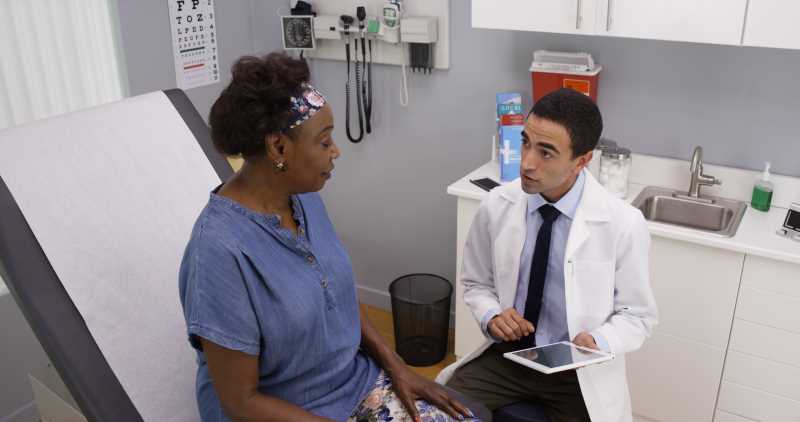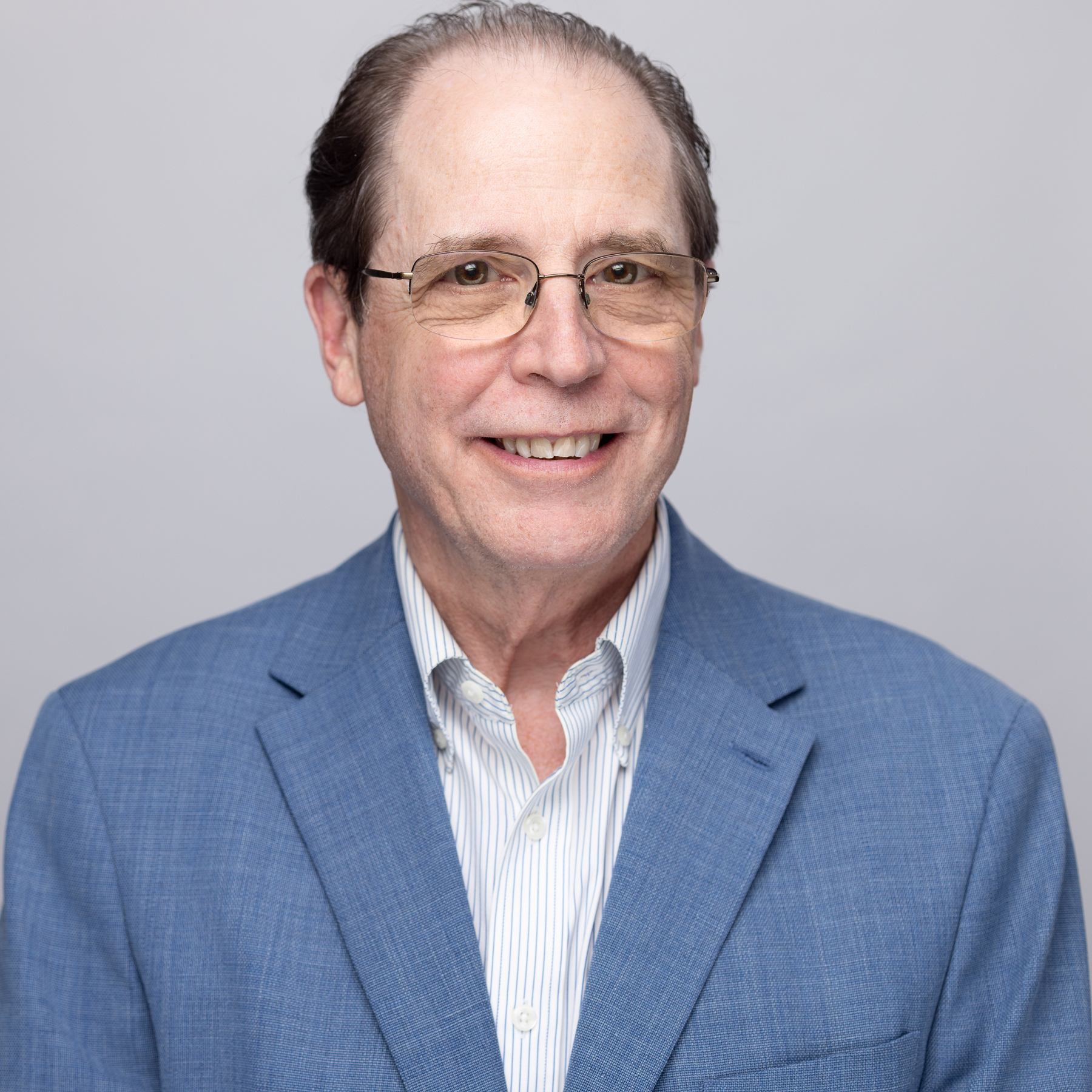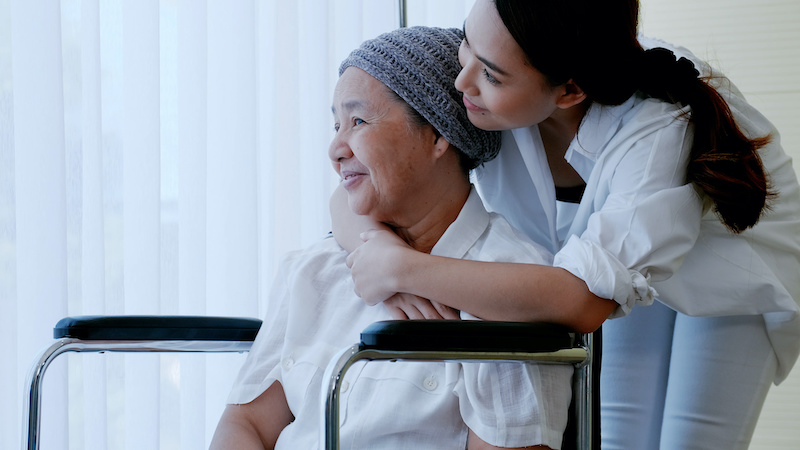
High costs may deter even insured cancer survivors from accessing follow-up care, according to new research from the Medical College of Georgia. This study was published in Cancer Medicine.
For this analysis, the researchers evaluated 5,426 patients with a history of cancer from the National Institutes of Health’s “All of Us” Research Program. Patient demographic factors and personal characteristics, medical history, healthcare use, and access to care were assessed.
Most of the cohort (88.2%) were non-Hispanic white; 3.9% of patients were Black, African American, or African; 1.3% were Asian; 4.1% were Hispanic, Latino, or Spanish; and 1.2% reported more than one race. Around one-half of patients reported an annual income of ≥$75,000, and the majority of patients (71.7%) had at least a bachelor’s degree. Regarding insurance coverage, 47.0% had private insurance, 41.0% were receiving Medicare, 6.0% had Medicaid, and the remaining participants were either uninsured or received military, Veterans Affairs, or other insurance.
Most patients (93.5%) had visited a general physician and 83.4% had visited a specialist within 12 months. Around one-tenth of patients (9.7%) reported their insurance not being accepted by a health care provider or doctor’s office within the past 12 months, and 2.2% reported having no place that they “usually go” when they are sick or have medical questions.
Out-of-Pocket Costs Lead to Delayed Care
Having to pay out-of-pocket costs for some or all of their procedures was one of the common reasons for delaying care within the last year. Other frequently cited reasons for delays in care included high deductibles, high copays, inability to get time off work, or feeling nervous about seeing a health care provider.
“Health disparities are pervasive, people across the country struggle to make ends meet and to afford their survivorship care,” said Steven S. Coughlin, PhD, interim chief of Epidemiology at the Medical College of Georgia, in a press release.
A small subset of patients (3.4% to 10.0%) reported experiencing a time within the past year where they needed a prescription, physician, specialist, or follow-up care and did not receive this care because they could not afford it.
“Some people have lifelong commitments because of the investment they had to make to pay for their treatment, so now they are cured but they are in debt, they may have lost their job, there may be strains that developed in their personal and family relationships. Assessment and management of all these aspects of the patient as a whole have been incorporated into this science of survivorship, which is an integral part of cancer care nowadays,” said co-author Jorge E. Cortes, MD, director of the Georgia Cancer Center.
Disparities in Survivorship Care Persist
According to the study authors, a major limitation of the study is that it is not population-based and that most participants had higher education and health insurance. It is likely that rates of delays due to high costs “are much higher among cancer survivors in the general population, and particularly among minorities and other populations suffering significant health disparities in general,” wrote the authors.
“There are subgroups of the population who are at higher risk for poor access, for financial hardship and for cancer in the first place,” said Dr. Coughlin. “Those are the individuals we are particularly worried about.”
He continues, “You can imagine that if you go to these populations that are still grossly under-represented in many of these types of surveys, such as African Americans, Hispanics, and individuals who live in more rural communities, these problems are probably magnified tenfold if not more.”







 © 2025 Mashup Media, LLC, a Formedics Property. All Rights Reserved.
© 2025 Mashup Media, LLC, a Formedics Property. All Rights Reserved.